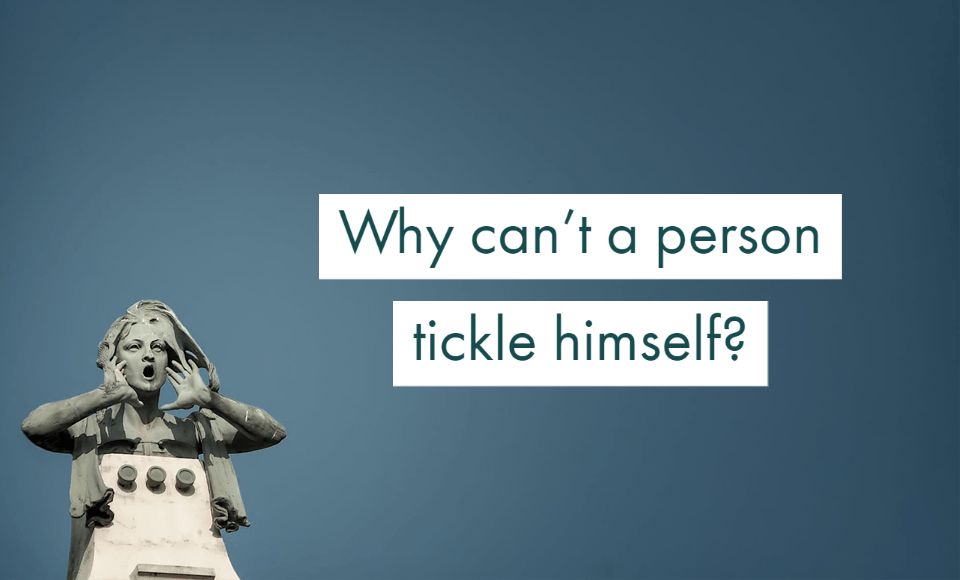Each of one us has our own ticklish spot in our body. Often, it is easy to locate. Most are at the back the neck, above the knee, or touching the sides can already bring someone into stitches. It’s a natural reaction of our bodies to laugh when someone else tickles us. Studies show that the experience of being tickled also makes us panic. It is the same feeling we get when we encounter pesky little insects, such as spiders and other bugs. Modest tickles brought by these crawlers are enough to bring a chill to our bodies and make us aware that they’re crawling on us.
When someone tickles us, it also brings us into a state of panic, which then evokes our bodies’ reaction of wild laughter. What makes us feel most anxious, panic-stricken, and most ticklish is when we are tickled during a moment we least expect to. But, even if we are aware that you will be tickled, the anticipation that someone is going to touch us may bring us to laughter. Some individuals are too sensitive that they begin to laugh even if they are not being contacted yet.
Most of the time, tickling typically happens in intimate relationships, such as parents tickling their babies, or close friends and romantic partners tickling each other. It’s strange, however, that it’s impossible for us to tickle ourselves. If others’ touch can tickle us by poking us in the ribcage or the soles of our foot, why can’t we tickle ourselves?
Let us know look into it from a deeper perspective. Studies show that the brain is taught to tell of the feeling when we move or perform an action. If we try to tickle ourselves, for instance, poke our sides, our brain monitors the movement of our hands and prepares the body for the contact. Thus, we no longer get the feeling of uneasiness or panic, and our bodies no longer react the same way it would when others tickle us.
Scientists from University College London said that it is the cerebellum that shut us out from tickling ourselves. The said part of the brain is situated at the base of the human and is responsible for monitoring body movements. What remarkable is that it can identify expected sensations from unexpected ones. An example of an expected sensation is tapping the elevator button or keying your PIN in the ATM. Meanwhile, an unexpected sensation would be when someone touches you on the back out of the blue. Generally, the brain bypasses the feeling of us tapping objects but provides much attention when someone else taps us instead.
Well, if you really want to tickle yourself badly, you may do so using a trick. You can use a robotic assistant or a robotic tickler. The same experts from the British institution mentioned earlier have devised a machine that will allow you to tickle yourself using a remote control.
Simply lie on your back and keep your eye shut. The robot will then be placed near you. It holds a plastic rod with soft foam. Once you use the control, the robot will respond after a short delay. People who tried the machine said the device elicits the same feeling of someone else tickling them. Essentially, you can tickle yourself indirectly through the help of a robotic assistant.
There an exemption to this rule, however, as with the most cases on everything around us. Some people who have schizophrenia could actually tickle themselves. This exemption still puzzles scientists these days. Rest assured that experts are ceaseless in devoting their efforts to know the reasons behind the fantastic phenomenons linked to the human brain.
More Readings:
- Tickling (Wikipedia)
Related Posts:
- What is chloroform? Why does it send the person to sleep?
- Why do air travelers experience jet lag after a long-haul flight? And how to prevent or remedy it?
- What is the scientific cause of headaches and migraines? What actually happens in the head at that time?
- Do our brains work while we are asleep?
- What are the negative effects of drugs like Ecstasy and Molly?

